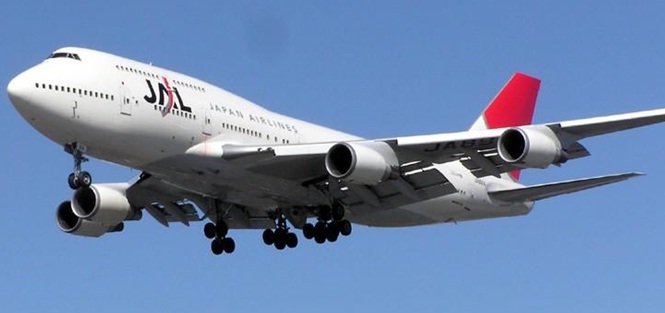Travel and Tourism Taking a Hit in Japan
 Tuesday, March 15, 2011 at 9:03PM
Tuesday, March 15, 2011 at 9:03PM Airlines don't want to fly there, some hotels don't want to open, and it's hard to get around by car.
In fact, Japanese citizens are buying tickets in droves to leave the country

Asian and European carriers and travelers are being the most cautious. Deutsche Lufthansa said it was diverting flights away from Tokyo to Osaka and Nagoya, at least until the weekend. It said planes returning from Tokyo on Monday were not contaminated.
Air China said it had canceled flights to Tokyo from Beijing and Shanghai, mainly due to lack of operational capacity at some airports. Taiwan's EVA Airways said it would cancel flights to Tokyo and Sapporo until the end of March.
Online travel company Expedia said it saw "significant increases" in tickets sold from Japan to the United States, even as sales of tickets into Japan fell.
U.S. airlines reported no significant changes to their flight schedules to Japan, but U.S. aviation authorities said they were prepared to take action, including rerouting flights, if the nuclear crisis worsened.
Other governments, including Britain, Italy, and the Netherlands, issued travel warnings.
There are many reports of travelers canceled trips or rebooked on flights to avoid layovers in Tokyo, where low levels of radiation have been detected.
"There's definitely cancellation of trips. And if not cancellations of trips, in some cases people wanting a backup or an alternative," said John Henry, senior vice president with Uniglobe Travel International in Vancouver, British Columbia.
"We're getting a lot of reports of this happening," he said, adding that he had changed his own travel plans to avoid changing planes in Tokyo.
The Japanese government has imposed restrictions to keep civilian flights away from the Fukushima nuclear plant, north of Tokyo, which was damaged in the earthquake and tsunami last Friday.
Some airlines also took steps to limit staff presence in Tokyo. International companies such as SAP and Infineon are moving staff out of the capital to locations further south because of radiation concerns.
Air France-KLM, Europe's largest carrier by revenue, moved all of its crew out of Tokyo to Osaka on Monday, KLM spokeswoman Gedi Schrijver said.
More changes are expected as conditions continue to go downhill.
 Japan erathquake,
Japan erathquake,  leaving Japan,
leaving Japan,  tourism industry,
tourism industry,  travel advisory in
travel advisory in  Japan,
Japan,  News,
News,  People,
People,  Travel
Travel 
